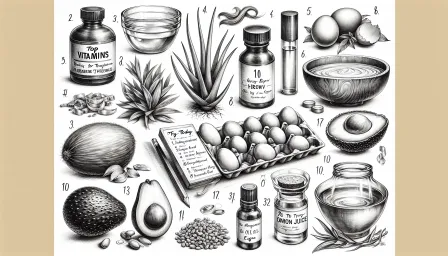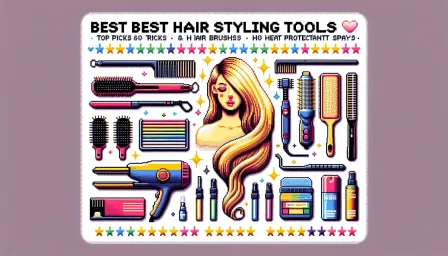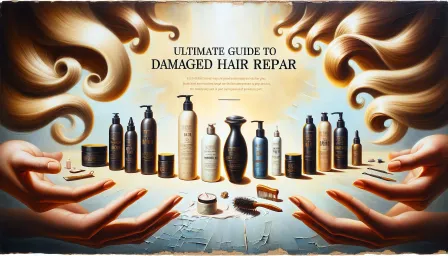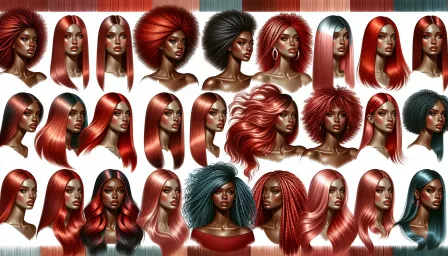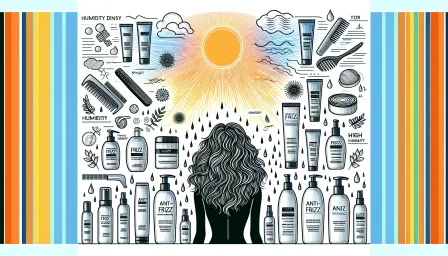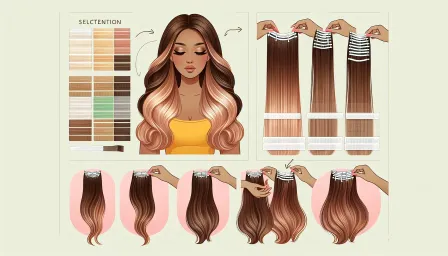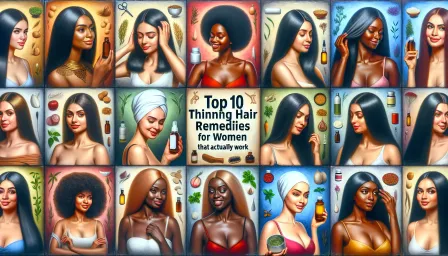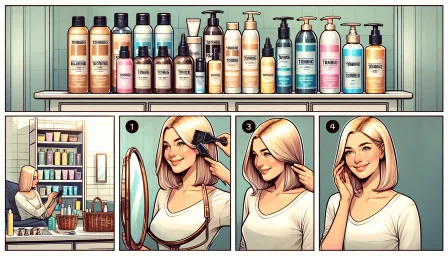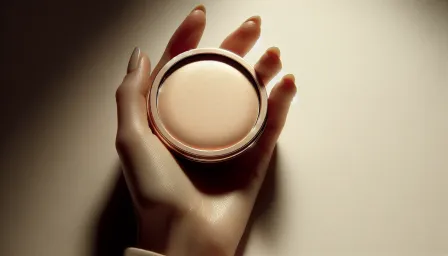Understanding Dandruff Causes and Solutions for Hair Loss

Understanding the causes of dandruff and how it contributes to hair loss. Explore effective solutions to manage dandruff and promote healthy hair.
Dandruff is a common scalp condition that affects millions of people worldwide. While it is often considered a mere cosmetic issue, it can have more profound effects, including contributing to hair loss. This article delves into the underlying causes of dandruff, its impact on hair health, and effective solutions to manage dandruff and subsequently prevent hair loss.
Causes of Dandruff
Understanding the root causes of dandruff is crucial for effective management. Here are the primary factors that contribute to dandruff:
1. Dry Skin
One of the most common causes of dandruff is dry skin. When the scalp lacks sufficient moisture, it can become flaky and shed dead skin cells, leading to dandruff.
2. Seborrheic Dermatitis
This condition is characterized by inflamed and oily skin. When it affects the scalp, it can produce yellow or white flakes often associated with dandruff.
3. Malassezia Fungus
Malassezia is a yeast-like fungus that lives on the scalp of most adults. An overgrowth of this fungus can irritate the scalp, leading to more skin cells growing and then dying off, causing dandruff.
4. Poor Hygiene
Not shampooing regularly can lead to a build-up of oil and skin cells, which can cause dandruff. It is essential to maintain good scalp hygiene to prevent this condition.
5. Sensitivity to Hair Products
Some people may have allergic reactions or sensitivity to certain hair care products, leading to dandruff as a side effect. This is also known as contact dermatitis.
Dandruff and Hair Loss
Many people are concerned about the relationship between dandruff and hair loss. While dandruff itself does not directly cause hair loss, the conditions associated with it can contribute to hair shedding.
Inflammation
The inflammation caused by dandruff conditions like seborrheic dermatitis can weaken hair follicles, leading to hair loss. Persistent scratching due to itchiness can also damage the hair follicles.
Stress and Anxiety
Dealing with chronic dandruff can be stressful and can lead to anxiety. Stress is known to impact hair growth negatively, leading to conditions like telogen effluvium, where hair falls out more readily.
Poor Scalp Health
When the scalp is unhealthy due to dandruff, it is not an optimal environment for hair growth. The dead skin cells, oil, and fungus can clog hair follicles, impeding new hair growth and causing existing hair to fall out.
Solutions for Dandruff and Hair Loss
Addressing dandruff effectively can help prevent hair loss and promote healthier hair. Here are some tried and tested solutions:
1. Regular Shampooing
Using a good quality anti-dandruff shampoo can help control dandruff. Ingredients like ketoconazole, selenium sulfide, and zinc pyrithione are known for their dandruff-fighting properties.
2. Moisturizing Treatments
For those with dry skin, using moisturizing shampoos and conditioners can help maintain scalp hydration and reduce flakiness.
3. Scalp Exfoliation
Just like your face and body, your scalp can benefit from exfoliation. Using a gentle scalp scrub can help remove dead skin cells and encourage a healthier scalp environment.
4. Balanced Diet
A healthy diet rich in vitamins and minerals supports overall hair and scalp health. Omega-3 fatty acids, zinc, and biotin are particularly beneficial for maintaining a healthy scalp.
5. Avoiding Harsh Products
Be mindful of the hair care products you use. Avoid those with harsh chemicals that can irritate the scalp and worsen dandruff.
6. Treatment for Seborrheic Dermatitis
For those with seborrheic dermatitis, over-the-counter treatments or medications prescribed by a dermatologist may be necessary to control the inflammation and dandruff effectively.
Conclusion
Dandruff is more than just a cosmetic nuisance; it can affect your overall hair health and contribute to hair loss. By understanding the causes of dandruff and adopting effective solutions, you can manage this condition and promote healthier hair growth. Regularly using anti-dandruff products, maintaining good scalp hygiene, and opting for a healthier lifestyle can bring noticeable improvements in both dandruff management and hair health. Take proactive steps today to achieve a dandruff-free scalp and strong, healthy hair.




